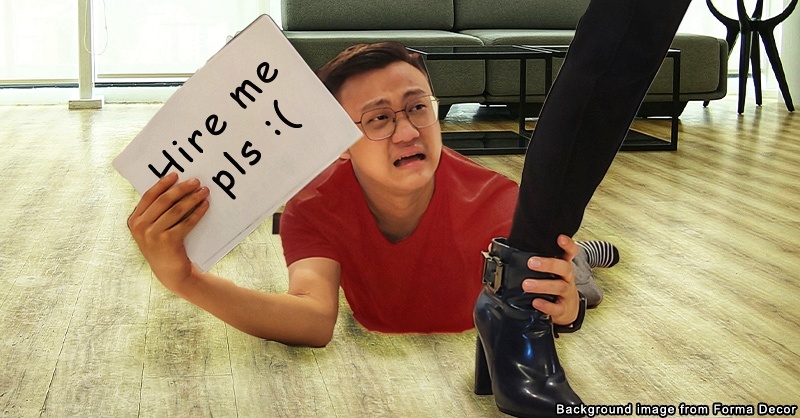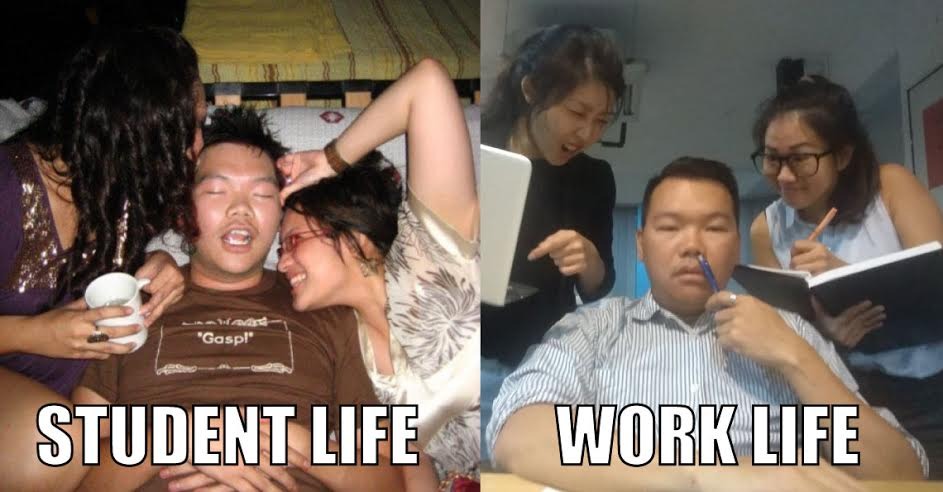Here’s what happened to Malaysian minds and bodies a year after the MCO
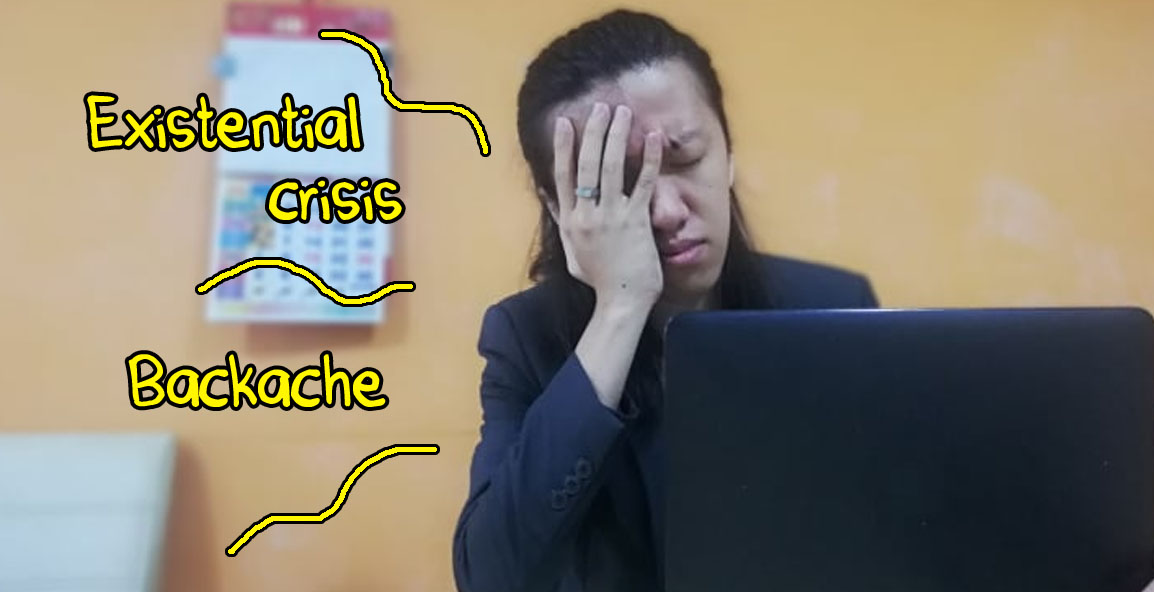
- 91Shares
- Facebook66
- Twitter7
- LinkedIn6
- Email6
- WhatsApp6
It has been a year since Prime Minister Muhyiddin Yassin announced the Movement Control Order (MCO). So, we’re back to ask you…
The first time we asked ugaiz the same question, most readers cited feeling fine. We’re actually in the midst to find out if that (and other aspect of your lives) changed in our Setahun PKP Survey (click here to take the survey!).
But based on the poll above, fret not if you’re one of those people whose answers changed (doesn’t matter if it is for the better or worse) this time around. And that’s because, according to think-tank, The Centre…
Many Malaysians feel like their mental health worsened
Research organisation, The Centre recently conducted a survey on Malaysians to find out what actually happens to their minds and bodies (read: mental and physical health) a year after the MCO. You can read about the survey in full here.
One main takeaway from The Centre’s survey is that more Malaysians reported feeling depressed, anxiety and stress as compared to last year. What’s even concerning was how 42% of Malaysians feel like their mental health deteriorated.
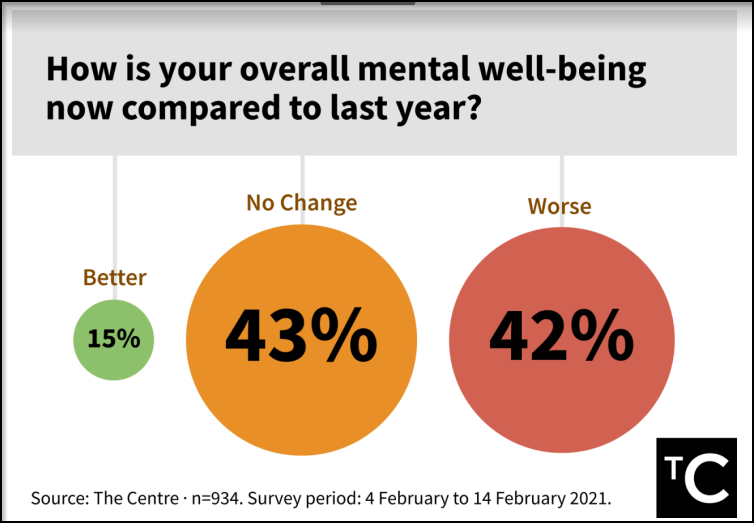
It’s noteworthy that most Malaysians who reported this are women and youngsters. However, this may not be surprising seeing how we’ve personally gotten the same result from our own Duduk Rumah Survey that was conducted last year.
The Centre added that the two main contributing factors to this are worries about the future and financial situation.
Just in case you missed it, the govt came up with various initiatives to help those who are unemployed. Despite that, it’s noteworthy that 782,500 Malaysians are still unemployed as of January 2021.

And we gotta admit that seeing this number alone can make anyone, especially job seekers or fresh grads, feel anxious thinking about their own fate.
“…certain demographics may be facing much more uncertainty than others, such as those graduating from secondary school or university, or those whose jobs are being replaced by pandemic-driven digitalisation.” – An excerpt from The Centre’s report.
What’s interesting, though, was how a lot of Malaysians also cited that they’re worried about the state of the country. This may be a valid reason seeing how we’ve been seeing news headlines like these as of late…
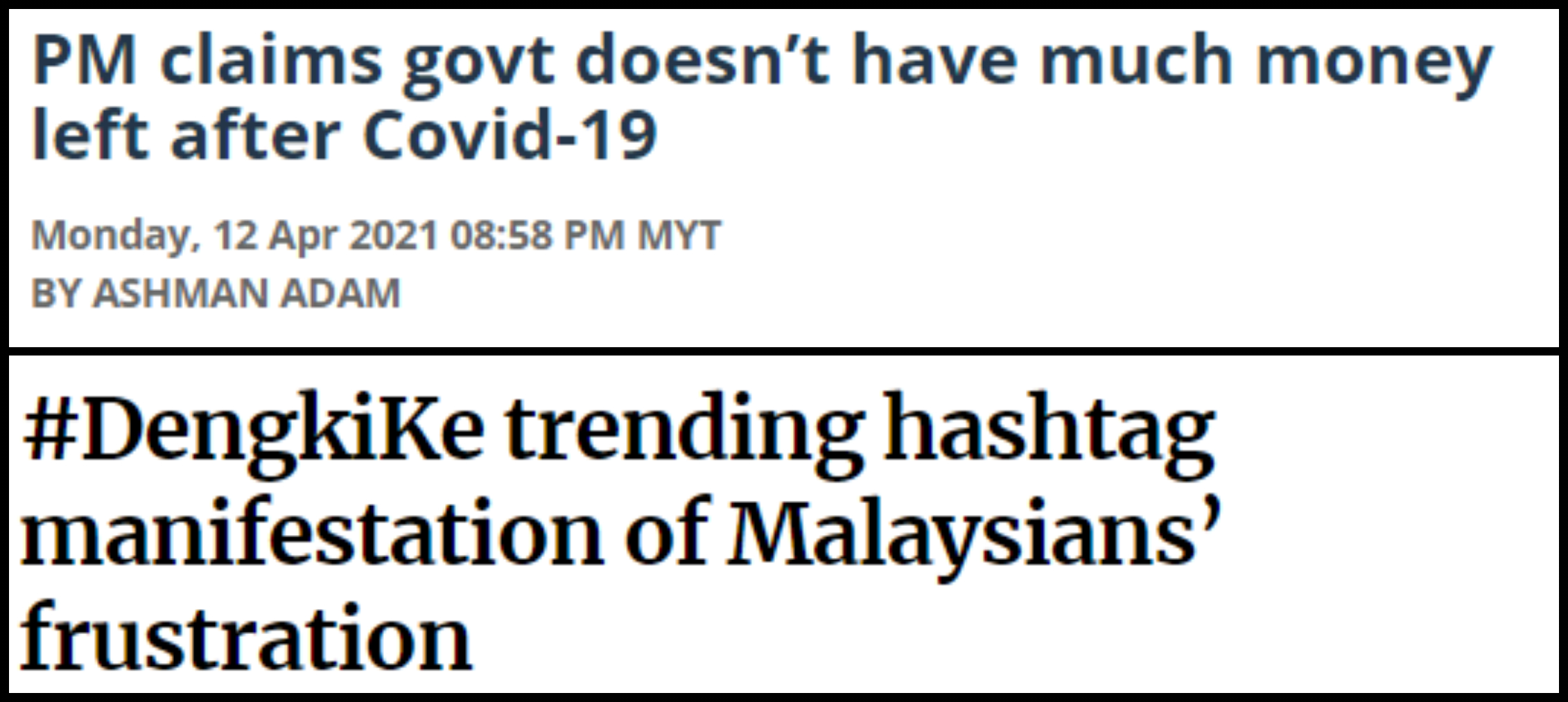
But that’s not all.
You’re likely to fall sick if you’re mentally unwell ☹️
The study conducted by The Centre didn’t only stop at measuring Malaysians’ mental health wellbeing. The researchers at the think-tank also looked into the correlation between mental and physical health.
And as it turns out, The Centre reported that you’re more likely to fall ill if you report feeling mentally unwell. Oddly enough, we noticed the same pattern from our own Duduk Rumah Survey results too.
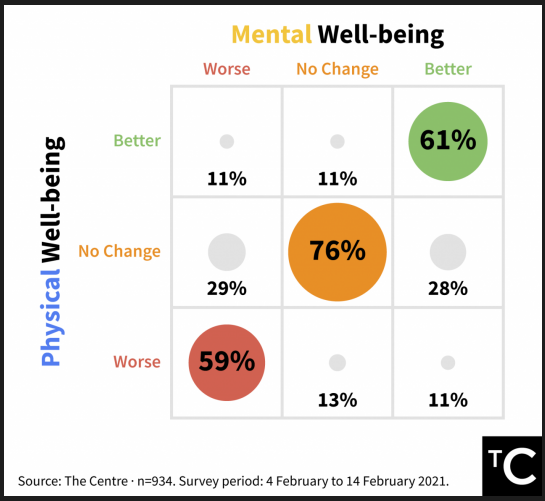
But here’s the thing – not everyone who falls ill during the MCO is also mentally unwell. Some of them are just living an unhealthy lifestyle.
Apparently, most Malaysians who have reported feeling physically unwell claimed that they’ve been eating plenty of junk food and beverages. Hmm, wanna take a guess where this may stem from? *coughs* Dalgona Coffee?? *coughs* :/
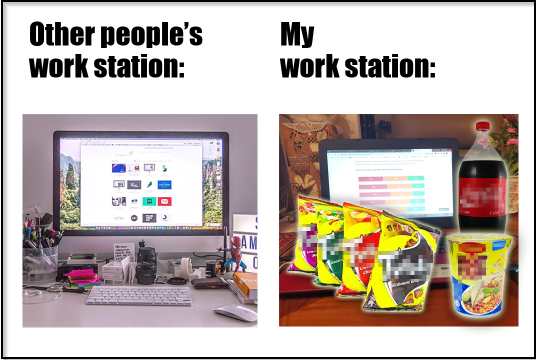
In addition, The Centre also mentioned that many Malaysians claimed to have lack of quality sleep and exercise (no, not that kind) during the MCO. And this results in the worsening of mental health.
Seeing how concerning these statistics are, this may be why The Centre hopes for…
…better access to mental and physical health facilities
In its report, The Centre seems to want to emphasise on the correlation between mental and physical health.
“We also call for more attention towards understanding the linkage between physical and mental well-being within the public healthcare system to enable a more comprehensive approach in managing public well-being in the wider community.” – The Centre, via email to us.
The think-tank is also urging for more targeted access to mental health support and facilities, especially for women and youngsters. Not just that, The Centre also highlights the importance of funding organisations (NGOs) that encourage vulnerable groups like women and youngsters to seek help.
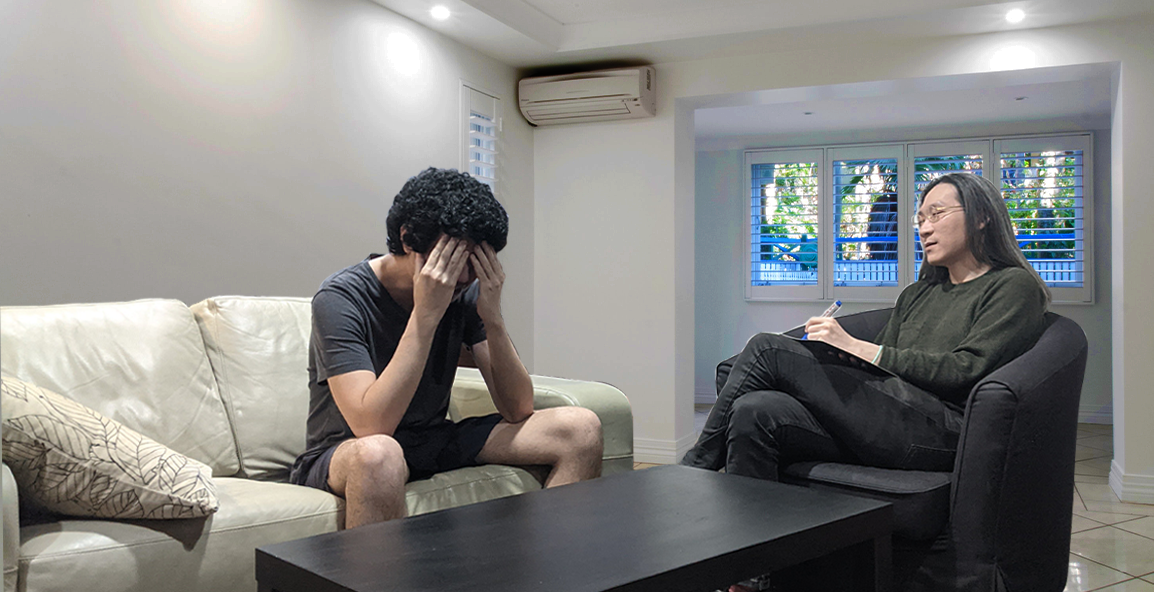
And we know for a fact that some of these organisations do offer services for those who are seeking help or need someone to talk to. You can reach them here:
- Joining MMHA or Relate Malaysia‘s online therapy sessions (since they’re both NGOs, certain fees apply),
- WhatsApp MMHA at +6017613 3039 , or
- Call the Befrienders at the hotlines listed here.
In the meantime, you can actually do something about your own mental and physical health. Here are some tips to make yourself feel better at home, as suggested by several psychologists we talked to from our previous article:
- Make a schedule and follow it,
- Pick up a hobby like reading or cross-stitching, or
- Educating yourselves with credible and reliable sources of information (or go on a social media detox when needed)
Oh, and don’t forget to check on your family and friends regularly to ensure them that they’re not alone. A simple ‘How are you doing?’ can make a world of a difference.
- 91Shares
- Facebook66
- Twitter7
- LinkedIn6
- Email6
- WhatsApp6

